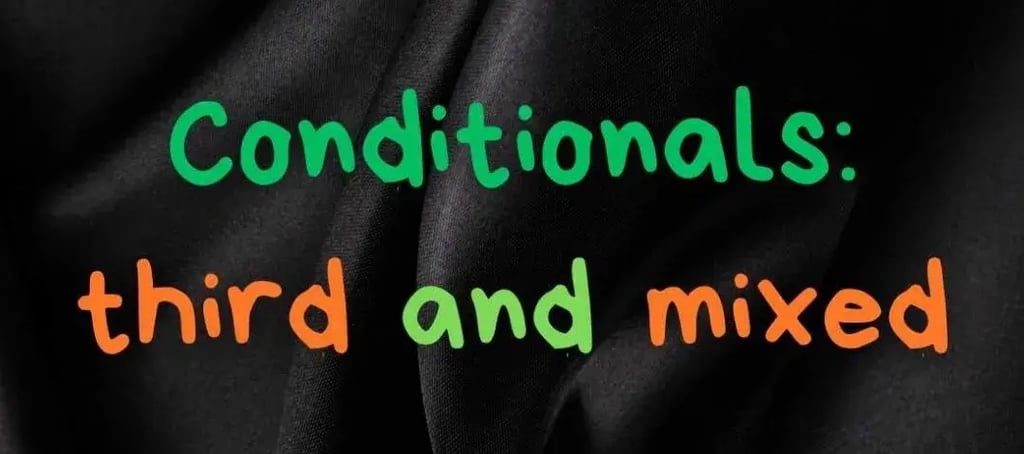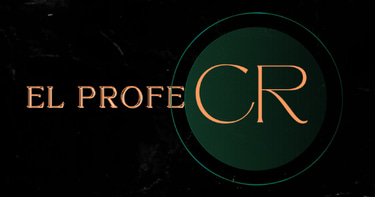
Conditionals: third and mixed
B1-B2 GRAMMAR
2 min read


Do you know how to use third conditionals and mixed conditionals?
Look at these examples to see how third and mixed conditionals are used.
We would have walked to the top of the mountain if the weather hadn't been so bad.
If we'd moved to Scotland when I was a child, I would have a Scottish accent now.
If she was really my friend, she wouldn't have lied to me.
Explanation
Third conditionals and mixed conditionals
The if clause presents the condition (e.g., If I hadn't missed the train) and the main clause gives the result (e.g., I would have been on time). The order of the clauses doesn't change the meaning. If I hadn't missed the train, I would have been on time.
Do you know how to use third and mixed conditionals?
Third conditionals and mixed conditionals
Conditionals describe the result of a certain condition. The if clause tells you the condition (If I hadn't been ill) and the main clause tells you the result (I would have gone to the party). The order of the clauses does not change the meaning.
If I hadn't been ill, I would have gone to the party.
I would have gone to the party if I hadn't been ill.
Conditional sentences are often divided into different types.
Third conditional
The third conditional is used to imagine a different past. We imagine a change in a past situation and the different result of that change.
If I had understood the instructions properly, I would have passed the exam.
We wouldn't have got lost if my phone hadn't run out of battery.
In third conditional sentences, the structure is usually: If + past perfect >> would have + past participle.
Mixed conditionals
We can use mixed conditionals when we imagine a past change with a result in the present or a present change with a result in the past.
1. Past/Present
Here's a sentence imagining how a change in a past situation would have a result in the present.
If I hadn't got the job in Tokyo, I wouldn't be with my current partner.
So the structure is: If + past perfect >> would + infinitive.
2. Present/Past
Here's a sentence imagining how a different situation in the present would mean that the past was different as well.
It's really important. If it wasn't, I wouldn't have called you on your holiday.
And the structure is: If + past simple >> would have + past participle.
Sobre nosotros
El Profe CR busca ayudar a aquellas personas que deseen desarrollar las habilidades que hoy en día las empresas requieren de cada candidato(a) con y sin experiencia laboral.
©2025 Todos los derechos reservados.
